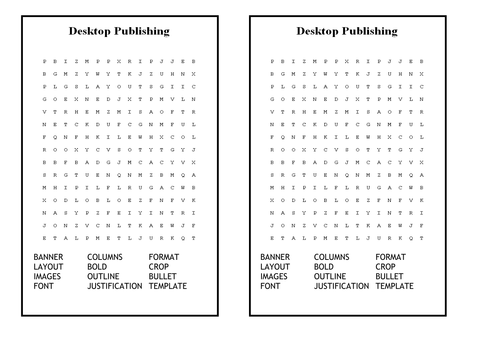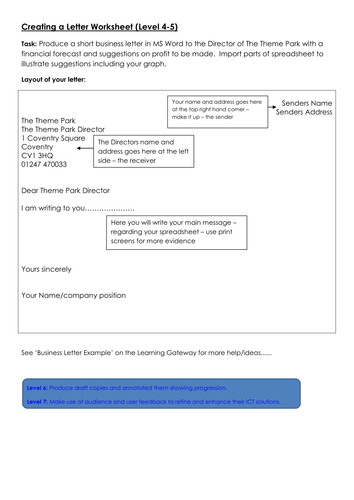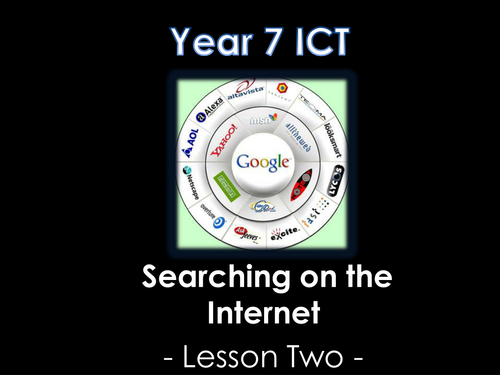Sam Oliver's Shop
I have been teaching ICT for over ten years and enjoy producing resources. I am continuing to develop lessons for KS3-KS5 and in line with new course requirements. I now deliver to KS2 students and have added some ICT resources that I use to deliver to them.





















